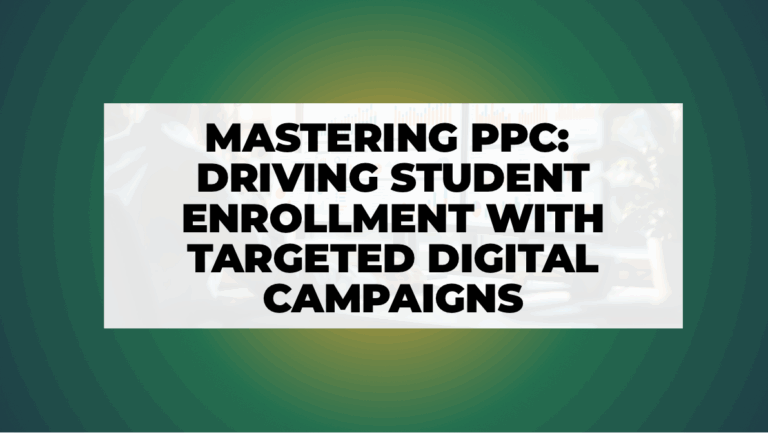It’s easy to get lost in jargon, guru advice, and endless platform updates. Too often, when campaigns underperform, people point fingers at “the algorithm.”
But the truth is, most ad campaigns fail because they’re missing one (or more) of these four essential components:
1. Offer
2. Conversion Tracking
3. Account Structure
4. Clear Communication
Let’s break them down one by one.
1. Offer
Ask yourself:
1. Do people actually want what I’m selling?
2. Is the price right in relation to cost (of goods sold AND traffic) and perceived value?
If nobody wants your product—or if the economics don’t work—no amount of ad tweaking can save you.
You could have perfect targeting, a compelling script, or the flashiest banner on the internet, but without an offer that resonates, you’re just burning money.
2. Conversion Tracking
Think of conversion tracking as the GPS for your ads. Without it, you might be going somewhere, but you’ll have no idea if it’s in the right direction.
- No Tracking: You’re running ads blindly, unsure if leads or sales are coming from your efforts.
- Proper Tracking: Everyone, from marketing managers to the C-suite, can see which campaigns drive results (and which don’t).
The best part? When done right, your data becomes a powerful feedback loop, helping you pinpoint winning tactics and cut out waste.
3. Account Structure
Less is more when it comes to ad account organization. This includes:
- Fewer Campaigns: Consolidate where possible to avoid overlapping audiences.
- Fewer Settings & Bidding Strategies: Keep your approach simple so you can accurately measure and optimize.
- Leverage Auto-Bidding: Modern ad platforms use sophisticated algorithms—let them work their magic, but feed them quality data.
Even for large accounts, staying lean and well-structured reduces confusion and streamlines decision-making.
4. Clear Communication
As Katelyn Bourgoin brilliantly put it:
Problem + Solution + Proof = Sale
Whether it’s your ad copy, landing page, or email sequence, each touchpoint should clearly identify a problem, present a solution, and provide proof (testimonials, case studies, data) that your solution works.
No one buys if they don’t understand how you’re helping them or why you’re credible.
Putting It All Together
1. Make something people want.
2. Track it rigorously—you need to see what’s working and what isn’t.
3. Keep your accounts tidy—fewer campaigns, fewer bidding strategies, more clarity.
4. Communicate your value clearly—show the problem, solution, and proof in every ad and landing page.
There are no secrets—just fundamentals done right. So the next time you’re tempted to blame “the algorithm” for a failed campaign, take a step back. You might just be missing one of these four pillars.



